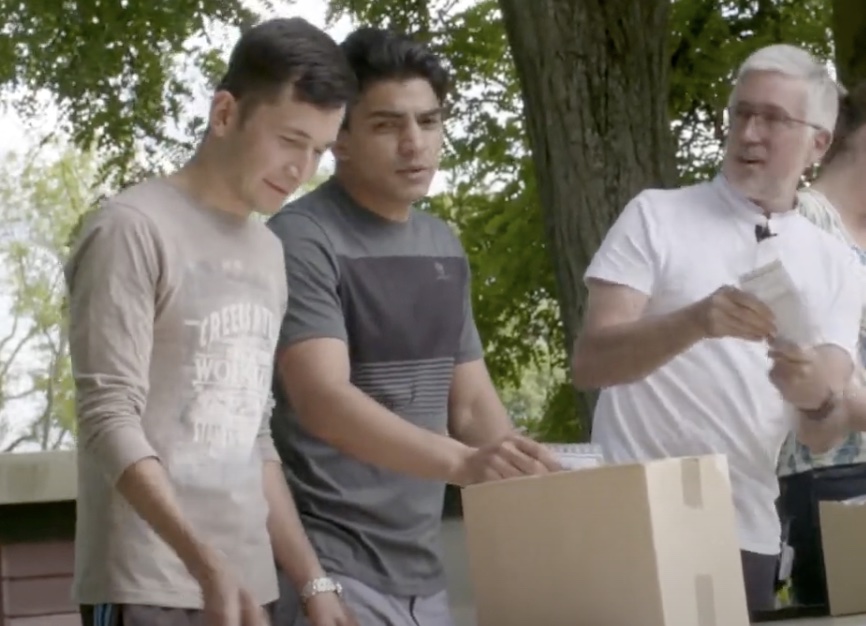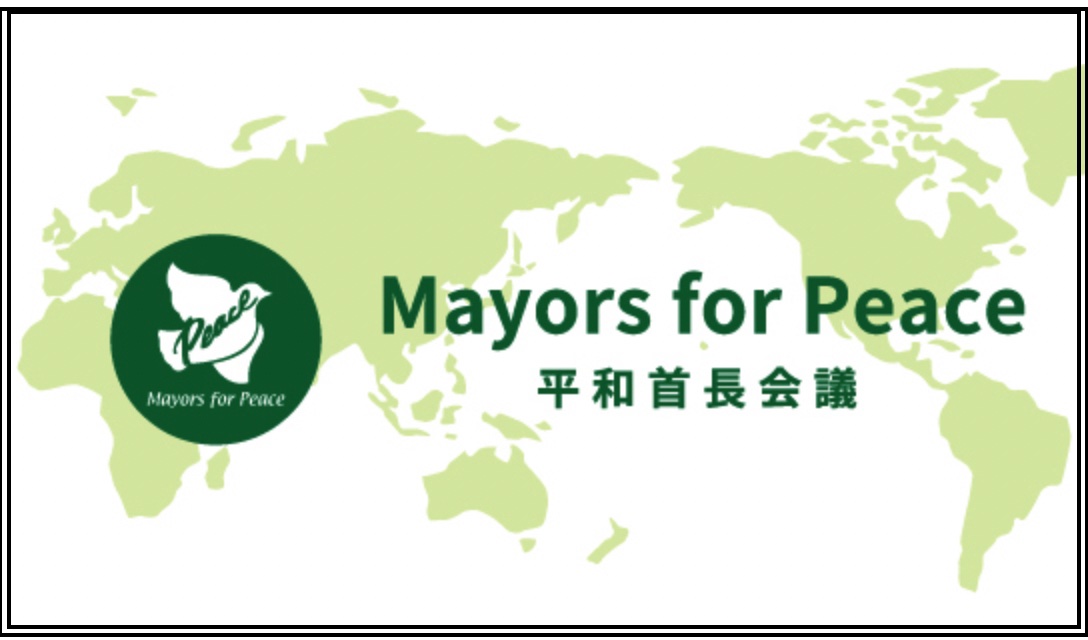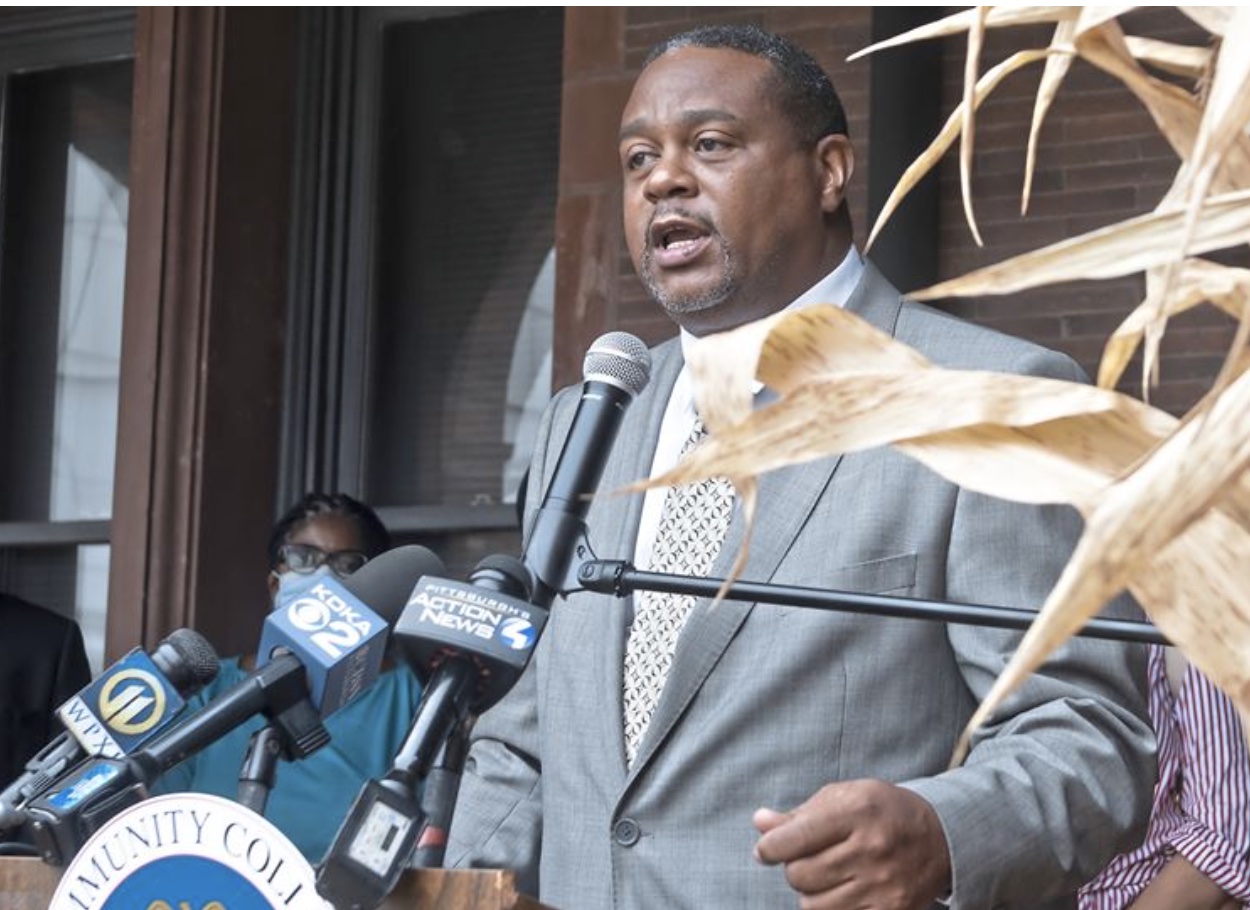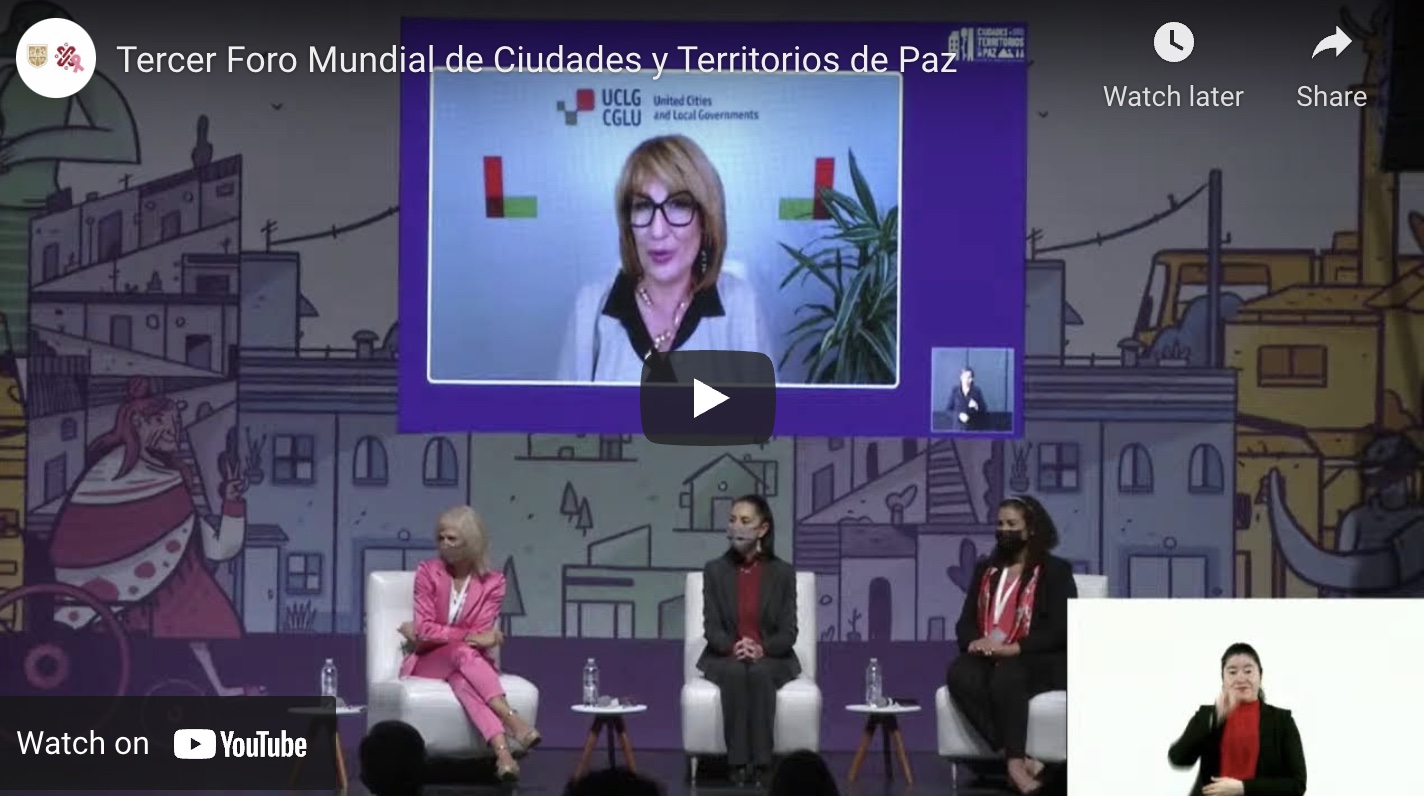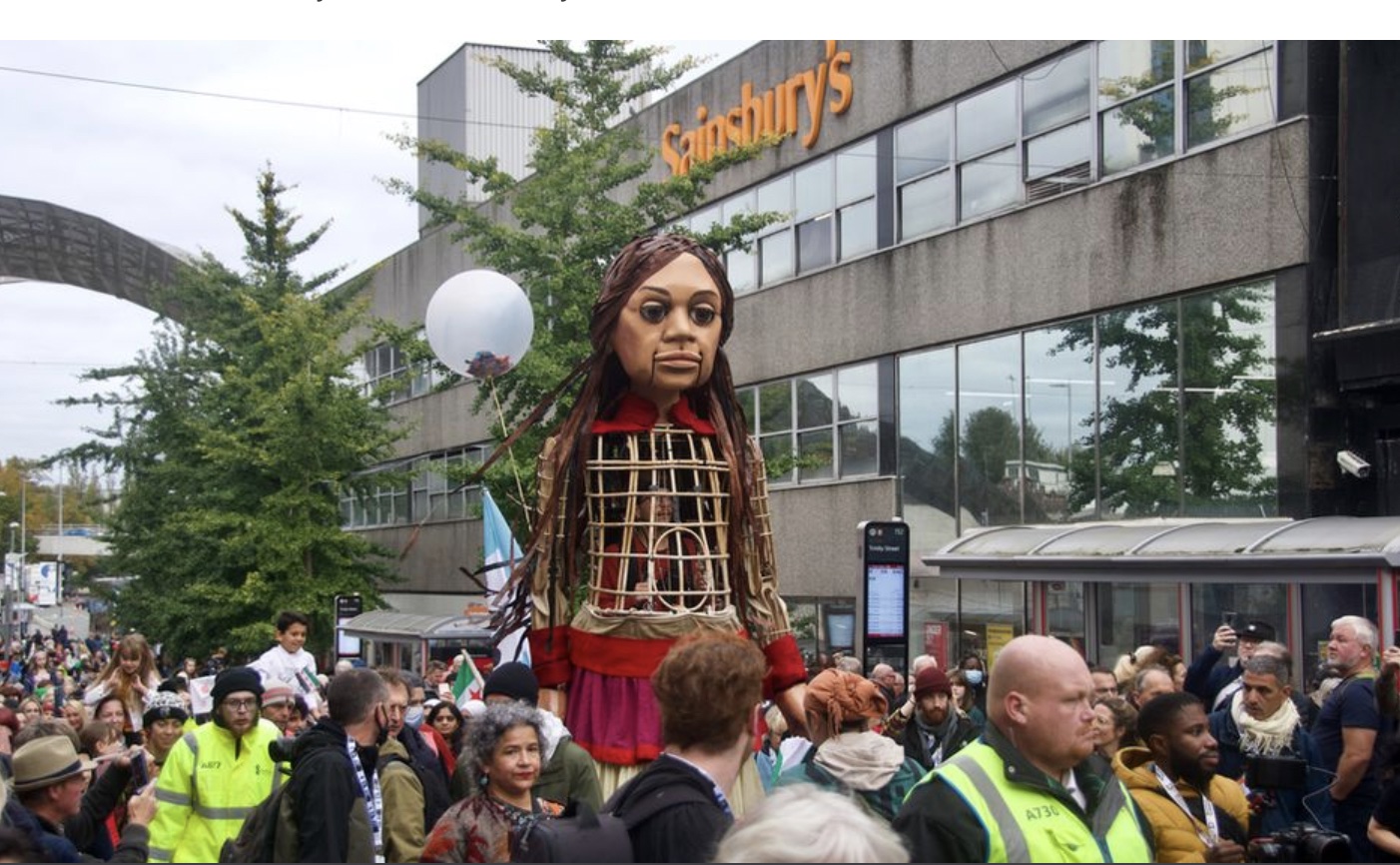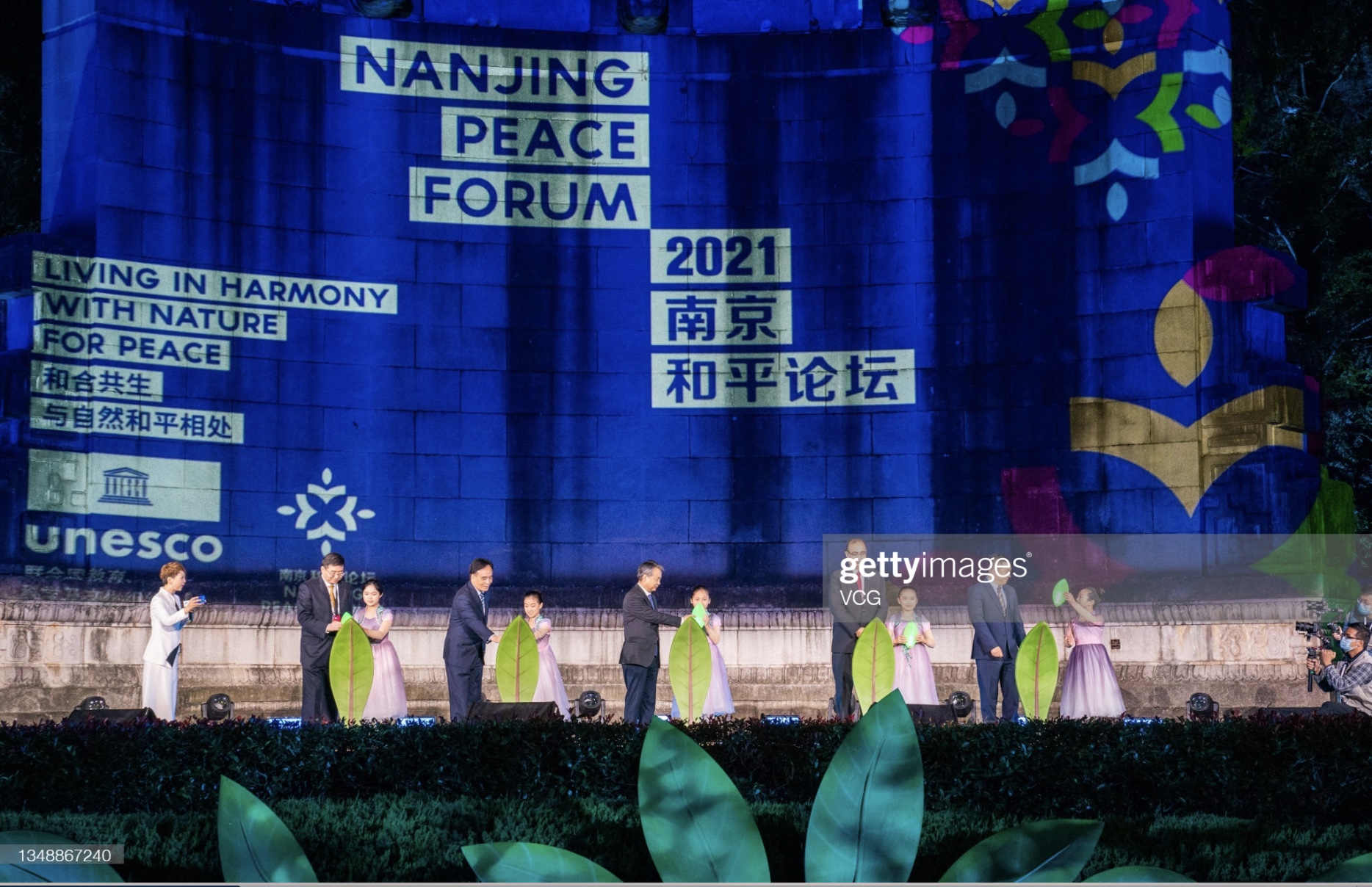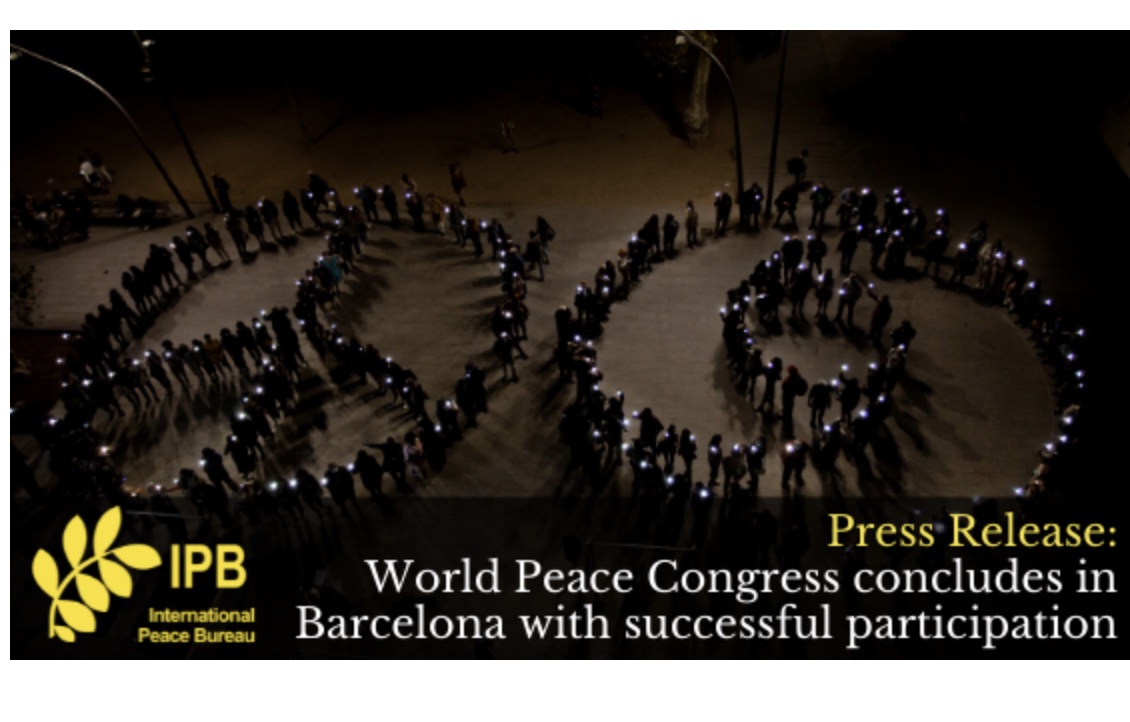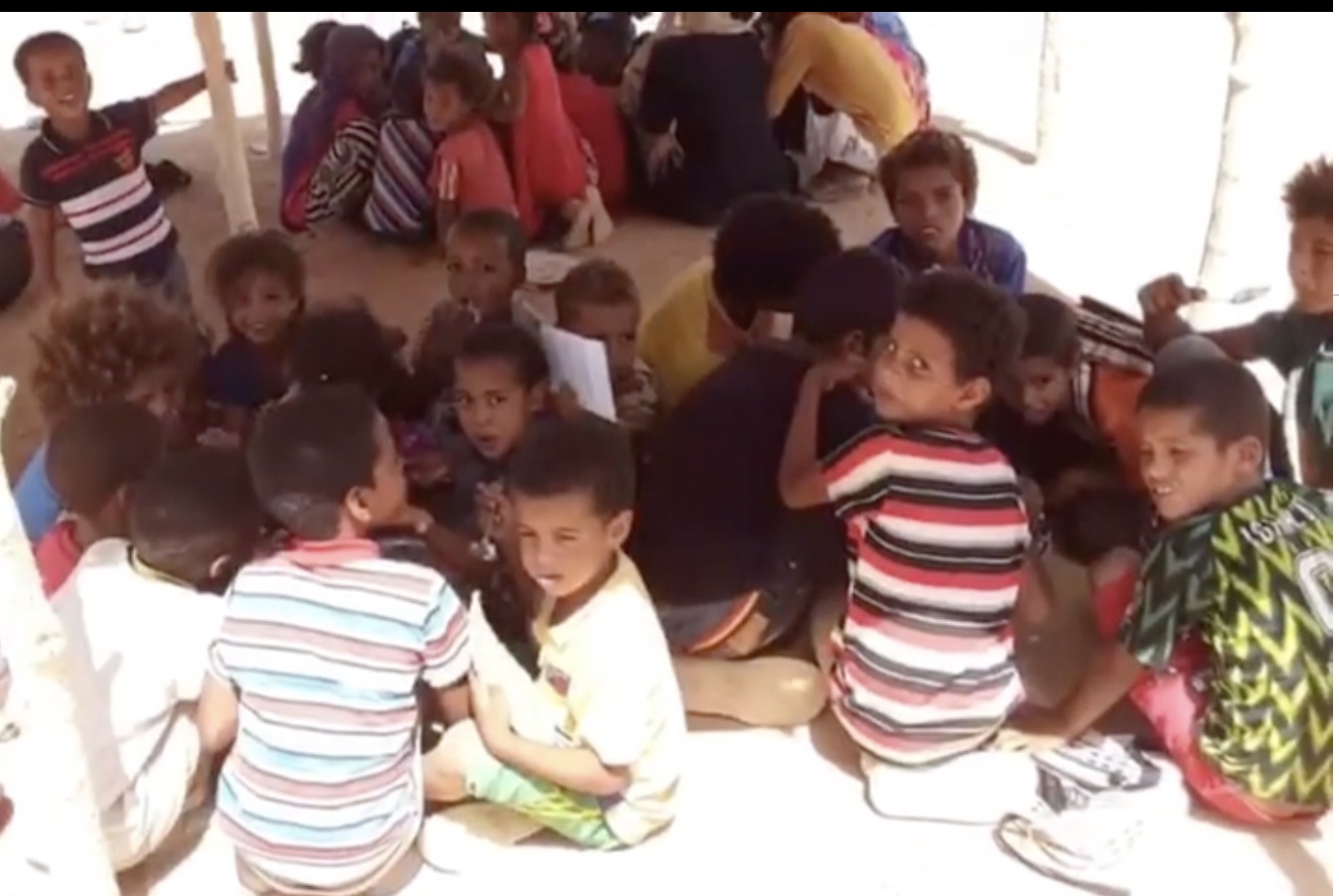As we have previously remarked in this bulletin most recently in 2020 and 2016, the leadership for a culture of peace is often taken by cities and towns, since, unlike nation-states, they are not heavily invested in the culture of war and since they tend to be more responsive to the needs of their citizens.
This month, there are four articles in this regard from Mexico.
The mayor of Mexico City, Claudia Sheinbaum, has emphasized the social programs that she has implemented during her mandate to improve security conditions. She explains that “security is also the result of social justice, that is why we address the causes of violence with programs that allow access to education, culture and sports.” She emphasized the projects that have been the foundations of her government in the capital of the country: the Points of Innovation, Freedom, Art, Education and Knowledge (Pillars), Yes to disarmament, yes to peace, Inside the Neighborhood and Wellbeing for Girls and Boys, My Scholarship to Get Started.
Mayor Sheinbaum also hosted the third World Forum on Cities and Territories of Peace in Mexico City. The Forum demonstrated the power of women and their influence in the most important positions to run large cities in the world. In the first session of the event, all the participants were women. Claudia Sheibaum (representative of Mexico City), Claudia López (mayor of Bogotá), Ada Colau (mayor of Barcelona), Manuela Carmena (former mayor of Madrid) and Reyna Rueda (mayor of Managua).
Women have also taken the lead for a culture of peace in the Mexican city of Chihuahua. Their network, the Red Mesa de Mujeres, highlights the importance of training women leaders in this area. “We started with the idea of building a group of ten women and we already have 65 of all ages.”
In the Mexican city of Saltillo, the Mano Cadena program works to create, implement and disseminate preventive strategies for conflict resolution that promote a culture of peace. Actions include more than 138 information and awareness talks on the subject of alternative justice, 30 workshops on Peace Circles, and more than 50 training courses-workshops in community, school and alternative justice mediation given to more than 1,800 participants, community representatives and teachers.
Other articles come from Spain, United States, Japan, China, United Kingdom and France.
In Spain, United States and Japan, organizations of cities are putting pressure on their national governments to join the Treaty for the Prohibition of Nuclear Weapons, which so far has only been signed by non-nuclear countries. Details are provided in the newsletter of Mayors for Peace.
Also in the United States, the city of Pittsburgh is taking steps to create “a city of peace with a culture of nonviolence.” A group, which called the Black Elected Officials Coalition, announced it would begin a series of community events to promote peace in the streets.
In China, the city of Nanjing hosted the 2021 Nanjing Peace Forum, co-sponsored with UNESCO. The Forum conducted a lively and in-depth discussion on the natural environment and human destiny, sustainable development goals and green investment, environmental challenges and youth actions, global green recovery and good business, peace actions and international practices. The “2021 Nanjing Peace Consensus” was passed. This has become an annual event, as the 2020 Forum was described in CPNN.
In the United Kingdom, the city of Coventry, the current City of Culture, which is known as a city of peace and reconciliation, welcomed Little Amal, a giant puppet of a child, as she nears the end of a 5,000-mile walk from Syria to “rewrite the narrative about refugees”. Coventry is home to about 1,500 people seeking refuge.
In France, the welcome of refugees also contributes to a culture of peace. The lead in this regard is being taken by small villages that have lost population in recent years and that find a revitaliization by refugees. In Notre-Dame-de-l’Osier, the refugees have engaged in gardening and a weekly market, as well as pottery workshops, cooking and honey harvesting that have enlivened village life. In Pessat-Villeneuve, the immigrants took responsibilty for the creation and distribution of masks that were needed to combat the epidemic of COVID.
The mayor of Grigny, France, Philippe Rio was chosen as best mayor in the world by the London association “ City Mayors Foundation ”to reward his management of the Covid crisis, and his fight against poverty in his city.” He has also taken part in the welcome of refugees and the struggle to abolish nuclear weapons.
Mayor Rio spoke at the first national forum of the AFCDRP (Association of Mayors for Peace, France) that took place October 13 in Montpelier.
At the Forum I was privileged to deliver an address that described how cities can contribute to the culture of peace, with reference to the Declaration for the Transition to a Culture of Peace in the 21st Century.
|
WOMEN’S EQUALITY |
TOLERANCE & SOLIDARITY |
SUSTAINABLE DEVELOPMENT |
DEMOCRATIC PARTICIPATION |
|
FREE FLOW OF INFORMATION |
DISARMAMENT & SECURITY |
HUMAN RIGHTS |
EDUCATION FOR PEACE |








